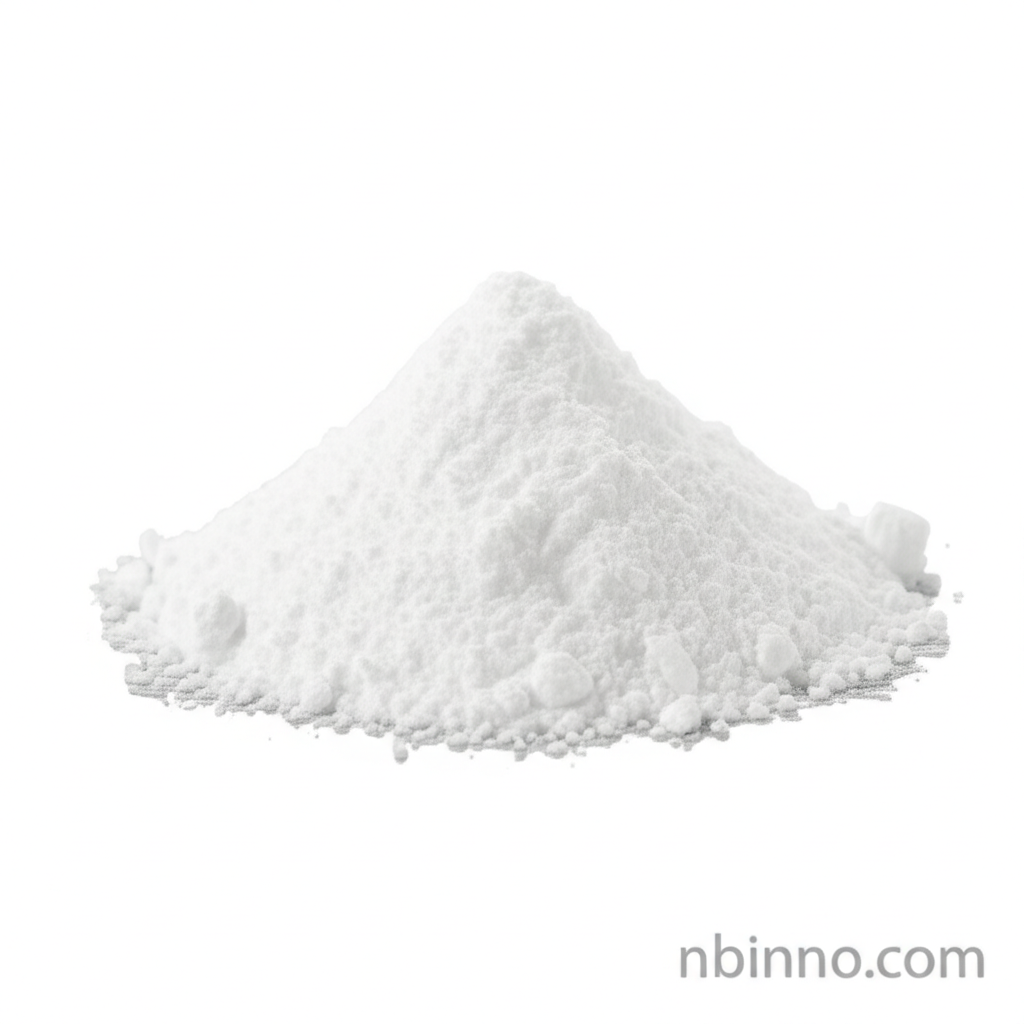3,3′-Diindolylmethane (DIM): A Comprehensive Look at its Anti-Cancer Potential and Health Benefits
Discover the potential of DIM, a natural compound from cruciferous vegetables, in cancer prevention and overall health.
Get a Quote & SampleProduct Core Value

3,3′-Diindolylmethane
3,3′-Diindolylmethane (DIM) is a natural compound found in cruciferous vegetables, recognized for its promising biological and pharmacological activities. Research suggests it plays a significant role in cancer chemoprevention and treatment by modulating cellular signaling pathways, reducing inflammation, and balancing hormone levels.
- DIM for Cancer Prevention: Studies explore DIM's role in preventing various cancers, particularly breast and prostate cancer, by influencing hormone metabolism and inhibiting cancer cell proliferation.
- Hormone Metabolism Regulation: DIM may help balance estrogen levels by promoting the conversion of harmful estrogen metabolites to beneficial ones, contributing to overall hormonal health.
- Anti-inflammatory Properties: Emerging research indicates DIM possesses anti-inflammatory effects, which could be beneficial in managing various health conditions.
- Prostate Health Support: DIM supplements may help prevent conditions like prostatic intraepithelial neoplasia (PIN), potentially reducing the risk of prostate enlargement and cancer.
Key Advantages
Cancer Chemoprevention
DIM's potential in cancer chemoprevention is a significant area of research, with studies showing promise in inhibiting tumor cell growth and spread, making it a key focus for those interested in natural cancer defense.
Hormonal Balance Support
By influencing estrogen metabolism, DIM helps maintain hormonal balance, a critical factor for women's health and potentially reducing risks associated with hormonal imbalances.
Cellular Pathway Modulation
DIM's ability to regulate key cellular signaling pathways, including those involved in apoptosis and cell proliferation, underpins its therapeutic potential in various health contexts.
Key Applications
Cancer Prevention
DIM is being investigated for its potential role in preventing various forms of cancer, especially hormone-dependent types like breast and prostate cancer, by influencing cellular mechanisms.
Hormone Regulation
The compound is studied for its effects on estrogen metabolism, offering potential benefits for hormonal balance, particularly in postmenopausal women or those with estrogen-related health concerns.
Inflammation Reduction
Research into DIM's anti-inflammatory properties suggests a role in mitigating inflammatory responses within the body, contributing to overall well-being.
Prostate and Cervical Health
Studies indicate DIM may be beneficial in managing conditions such as cervical dysplasia and supporting prostate health, potentially reducing the risk of related cancers.
